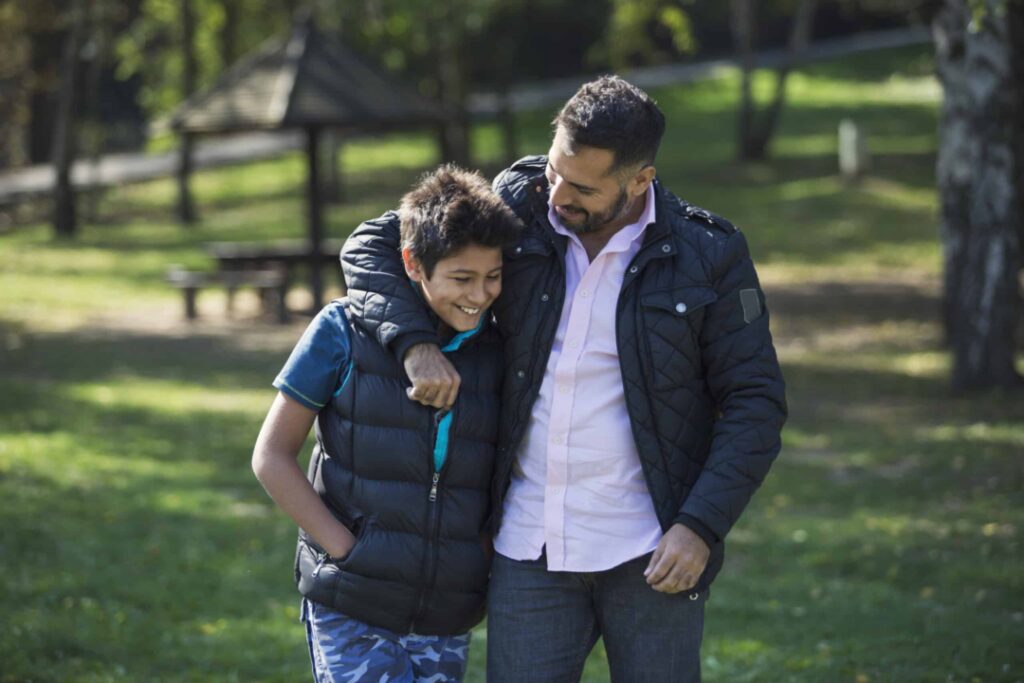Mental health now tops the list of concerns parents have about their children; a new Pew Research Center poll shows. In fact, it’s a bigger concern than being bullied, getting into drugs, or getting into trouble with the police. So, what’s a parent to do?
Whether you are already parenting a child with a mental health condition, or you just want to be prepared, here are 5 things ways to create a safe, stigma-free space at home:
Talk openly about mental health. Don’t just share statistics. Show that it’s normal to talk about mental health by sharing your own experiences. Then listen without judgment when they share theirs.
Speak out about mental health stigma. The idea that mental health symptoms are a sign of weakness isn’t just wrong. It’s harmful. The Say it Out Loud toolkit from the National Alliance on Mental Illness offers info and ideas to help you get started.
Know that words matter. It may not seem like a big deal. But the way we talk about others’ mental health is a small thing that can have a big impact on how we treat them. Saying, “She’s just crazy,” or “He’s so OCD,” reinforces negative stereotypes. People are not their health conditions, mental or physical. And mental health symptoms are not a flaw.
Recognize physical and mental health as equals. You wouldn’t expect your child to just “get over” strep throat without treatment. Make sure they know that their mental health is just as important and worthy of treatment when needed as their physical health.
Don’t be afraid to reach out for help. If your child needs more than a supportive parent to help them manage mental health symptoms, know that it’s not their fault or yours. Help is out there, and treatment can make a big difference.
Freespira is a medication-free treatment available for individuals aged 13 and over. It’s been used at home for over 28 days and provides lasting relief from panic attacks and PTSD symptoms.
Want to find out if Freespira is right for you? Take our free online symptom assessment.



